Ovarian clear cell carcinoma accounts for approximately five to ten percent of American ovarian cancer cases and about 20 percent of cases in Asia, ranking second as the cause of death from ovarian cancer. People with the clear cell subtype typically do not respond well to platinum-based chemotherapy, leaving limited therapeutic options for these patients.
The research by scientists at The Wistar Institute and published online in the journal Nature Cell Biology, demonstrates how a mutation in ovarian clear cell carcinoma can be exploited to design a targeted treatment.
According to the announcement from The Wishtar Institute, “conventional chemotherapy treatments have proven an ineffective means of treating this group of ovarian cancer patients, meaning that alternative strategies based on a person’s genetic makeup must be explored,” said Rugang Zhang, Ph.D., professor and co-program leader in Wistar’s Gene Expression and Regulation Program and corresponding author of the study. “Therapeutic approaches based on the ARID1A mutation have the potential to revolutionize the way we treat these patients.”
Read more about the research and about JKTG’s cancer research collaborative at Wistar.
Featured news
Ted’s Take: Listen to those who lived history to truly learn
There are many historians out there and they seem to get a lot of respect. They are asked about particular events or circumstances and often asked their take about what happened and when and why and how.
Ted’s Take: Getting credit is BS. Performance is the only thing that matters.
It seems many folks today, especially younger workers, want to get credit for the work they do. That’s not all bad. Maybe they are trying to get promoted earlier than others. Maybe they are trying to get ahead. But it can get in the way of one’s professional and personal development.
Ted’s Take: The other end of the field
JKTG-funded research, Iron oxide nanoparticles inhibit tumor progression and suppress lung metastases in mouse models of breast cancer, appears in the journal ACS Nano and features a collaboration between researchers at Johns Hopkins University School of Medicine and the Hormel Institute at the University of Minnesota.

Jayne Koskinas Ted Giovanis
Foundation for Health and Policy
PO Box 130
Highland, Maryland 20777
Media contact: 202.548.0133


